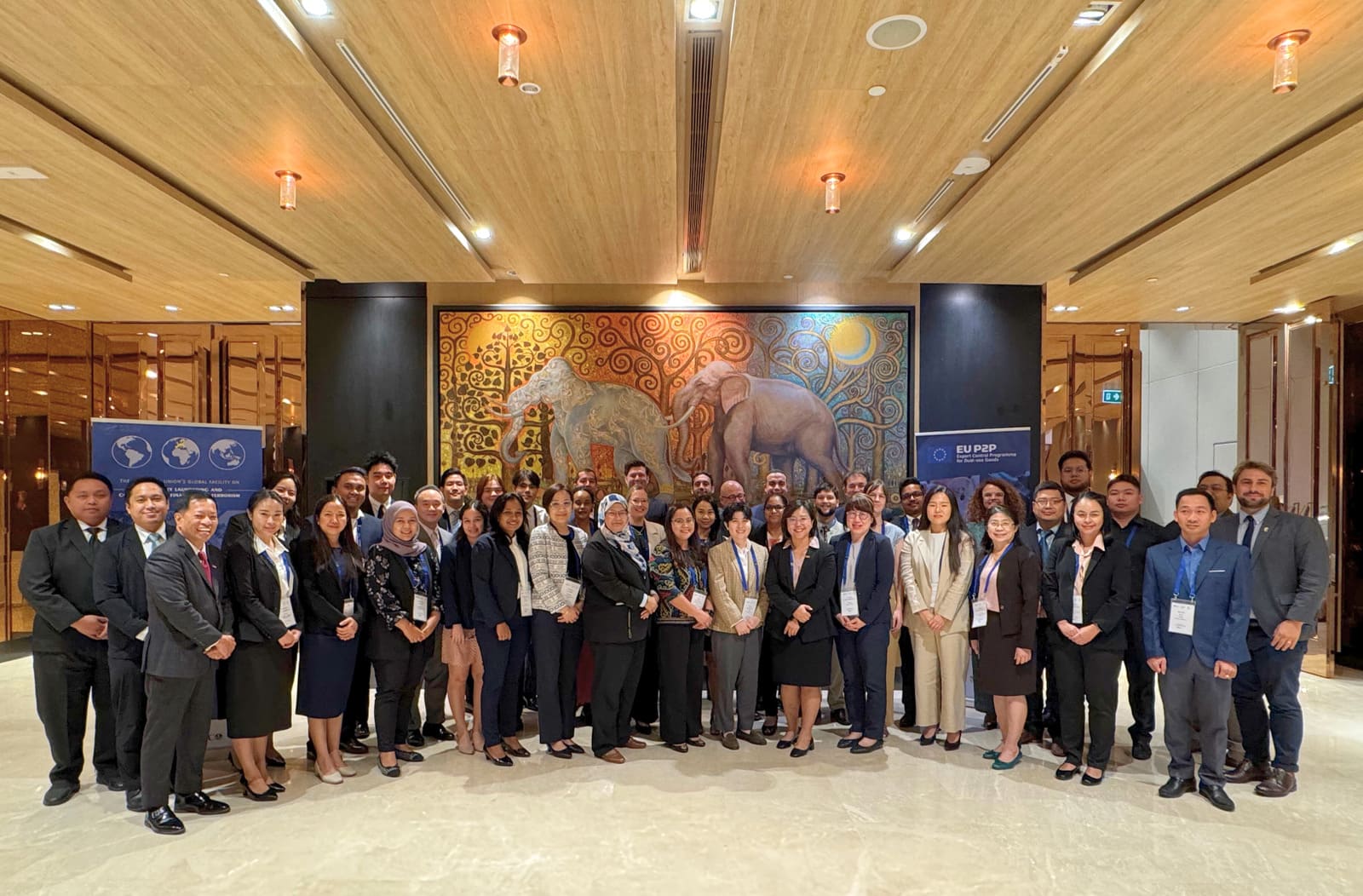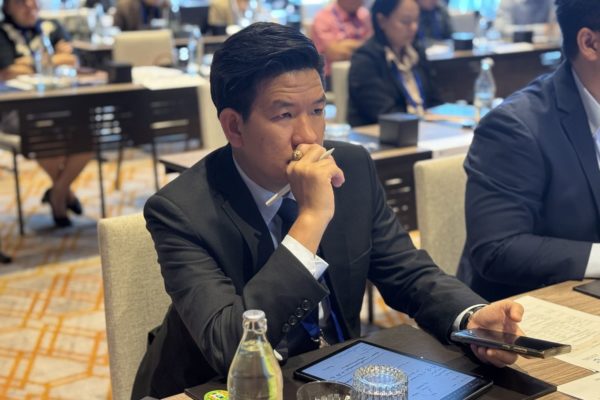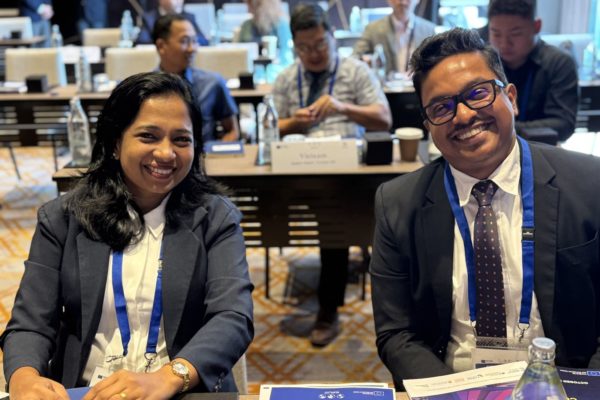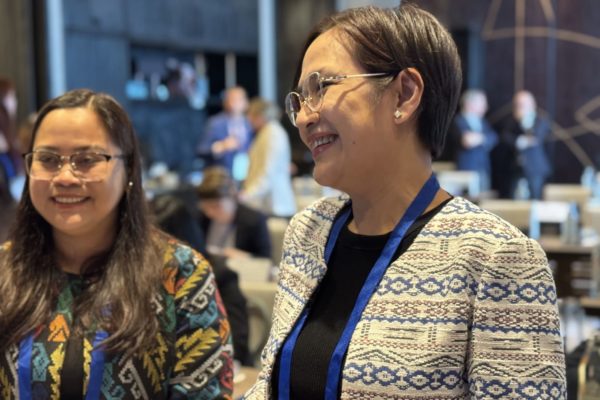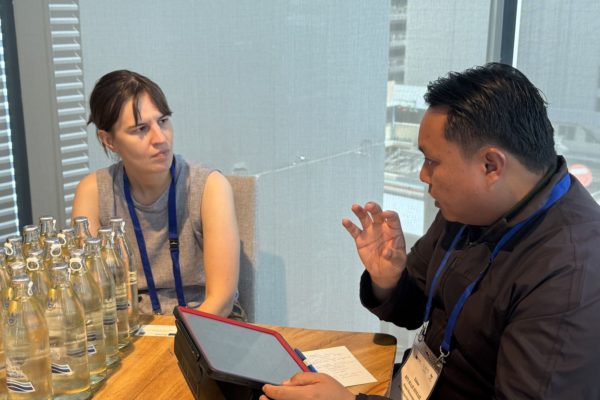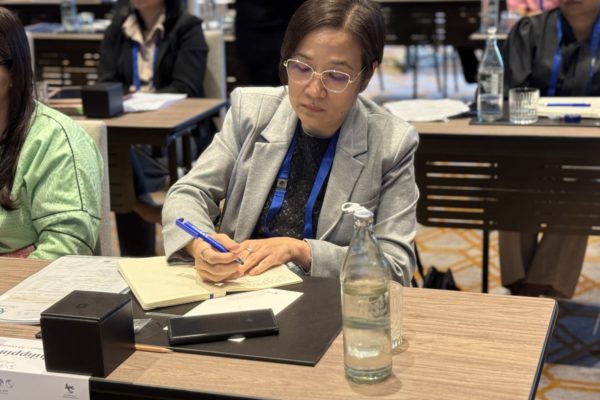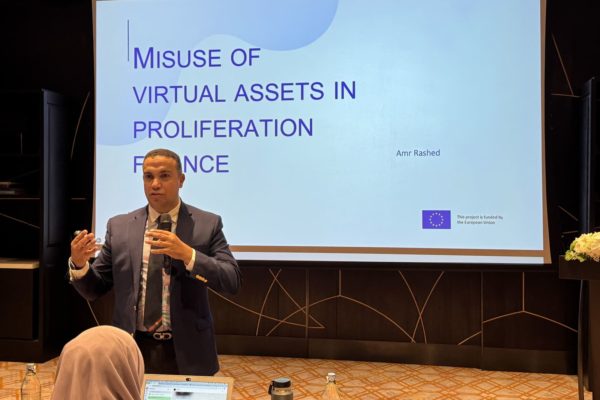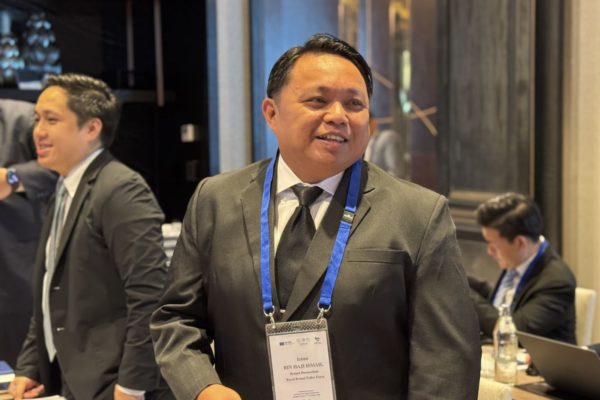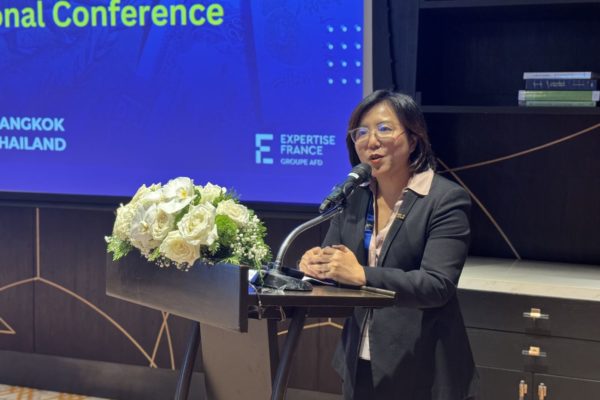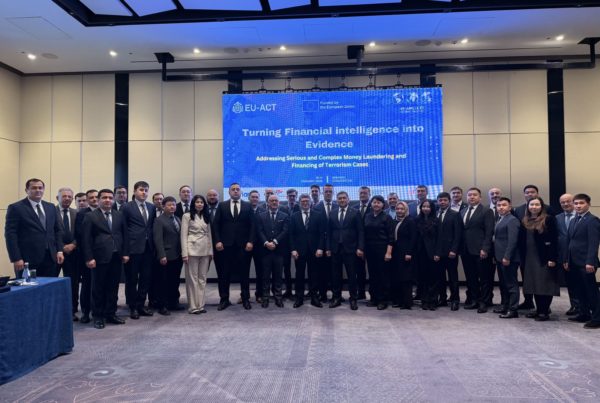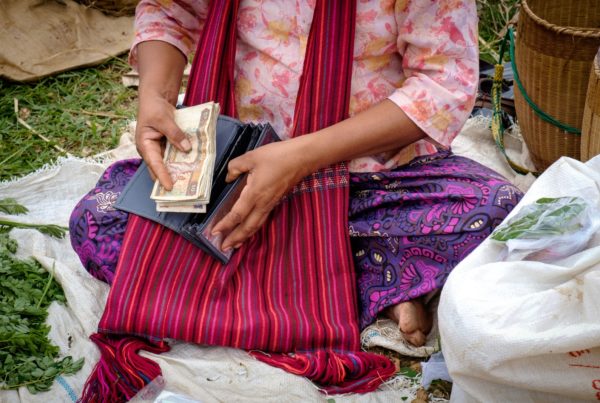Representatives from 9 Southeast Asian countries convened in Bangkok on 7-8 October 2025 for a regional conference on proliferation financing, jointly organised by the EU Global Facility on Anti-Money Laundering and Counter Terrorist Financing (AML/CFT), the EU Partner-to-Partner (P2P) Export Control Programme for Dual-Use Goods, and the Asia/Pacific Group on Money Laundering (APG).
The two-day conference brought together 30 government officials, regulators, and financial intelligence experts from 8 ASEAN members and Sri Lanka (invited as a guest member) to address a critical security challenge that transcends borders and threatens global stability.
A Global Threat Hiding in Plain Sight
Proliferation financing (PF) refers to moving and making assets and funds available to support the development of weapons of mass destruction -be it biological, chemical, or nuclear- and to actors or networks involved in such proliferation. Yet, for many, the concept remains abstract, relegated to distant geopolitical concerns about North Korea or Iran.
“It’s looking for a needle in a needle stack. It’s not a haystack, it’s a needle stack, because all financial crimes look alike,” explains Amr Rashed, expert for EU AML/CFT Global Facility and Head of International Cooperation at the Egyptian Financial Intelligence Unit.
The consequences of PF can however be “potentially world-ending”, with a single non-compliant country capable of having a devastating impact on global security and stability, states Financial Action Task Force (FATF) Policy Analyst Dooyoung Kim. The FATF is the international watchdog that sets global standards for combating money laundering, terrorist financing, and proliferation financing.
In June 2025, the organisation published a guidance that revealed a sobering reality: only 16% of countries have received a passing grade in effectively implementing targeted financial sanctions, meaning the vast majority are not effectively freezing assets or preventing funds from reaching proliferation financing actors and networks.
Only 16% of countries have received a passing grade in effectively implementing targeted financial sanctions, meaning the vast majority are not effectively freezing assets or preventing funds from reaching proliferation financing actors and networks.
Regional Vulnerabilities Demand Regional Solutions
Southeast Asia faces heightened threats of PF due to its geographical proximity to key proliferation concerns, numerous diplomatic, financial, and trade relationships, and maritime borders that expose the region to shipping and transshipment hub vulnerabilities.
“The proliferation financing ecosystem is extremely challenging: it is a continuously evolving threat. It’s diversifying. It crosses a number of borders but also sectors, and it requires a really significant response,” explains Suzie White, Director of Training and Capability at the APG Secretariat.
In its report, the FATF highlights four key vulnerabilities for countries, which are obscuring beneficial ownership information, using the virtual assets and service providers, exploiting the maritime and shipping sector and using intermediary countries.
The rise of cryptocurrency, in particular, poses rising challenges. Amr Rashed notes the scale of the problem, highlighting how billions of dollars in virtual assets flow to sanctioned regimes, making it “the wholesale market compared to retail” when compared to traditional finance.
“A global problem requires a global solution and regional forums like this one in Bangkok, helps bring countries with different experiences and expertise together. This is crucial to promote a shared, harmonised understanding of the evolving threats and vulnerabilities,” emphasises Kim.
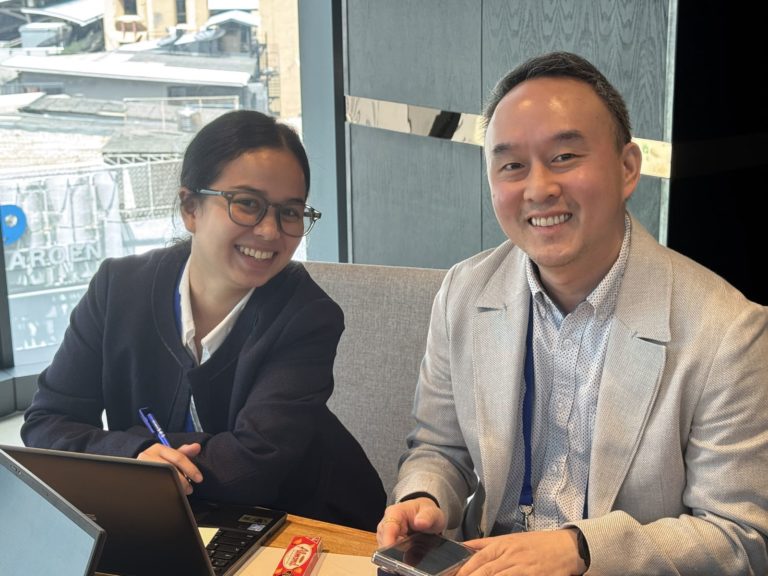
EU Leadership in Building Capacity
The conference also demonstrated the European Union’s commitment to supporting regional and global security. Balázs Maár, Programme Manager for Global and Transregional Threats at the European Commission’s Service for Foreign Policy Instruments, notes that the EU takes the fight against proliferation of weapons of mass destruction very seriously, with strategic documents consistently highlighting this priority since 2003.
The conference is expected to produce tangible outcomes: a handbook of lessons learned and best practices, as well as a comprehensive catalogue of regional PF risks to support future National Risk Assessments.
For Suzie White, this support will be of tremendous help to jurisdictions, as PF risk assessments represent one of APG’s most requested technical assistance needs. “This is because the obligation is relatively new and represents highly complex work in understanding threats, vulnerabilities, and the landscape.”
By bringing together top-level experts from both the financial crime and strategic trade control domains, the EU demonstrated its commitment to maximising impact while avoiding duplication of efforts.
Dooyoung Kim concludes with a clear message: “Only by working together and sharing information through initiatives such as the EU Global Facility on AML/CFT and EU P2P, can we stay vigilant to the evolving threats and the vulnerabilities of PF and help protect the global security and stability.”
